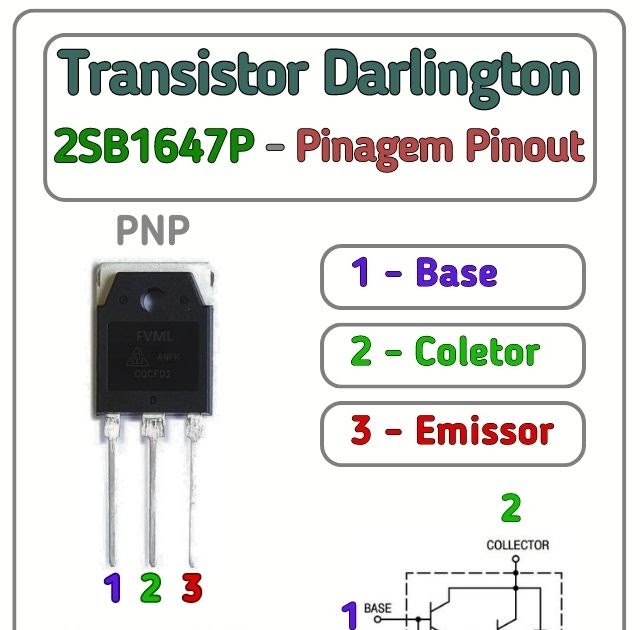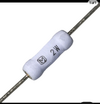Bought a Denon on eBay, looks brand new, major issues on the 5ch amp board.
With the help of the service manual, I've nailed it down to some 22ohm/1W, .47ohm/2W and 3 channels of 2SD2560P/2SB1647P
First, I would like to ask, how important the "P" is on those transistors. The DC current gain is the difference. Encompass seems to be the only way to guarantee the 'P' rank transistors.. Unless that number doesn't mean much.
Also, Encompass seems to be the only company I can find those white/green shielded resistors, I was hoping for ideas that can benefit in a couple ways.. Maybe a different brand would help the wallet AND sound better? $7 per resistor seems a little steep.
I would like to get these parts soon, most of them are on backorder at Encompass... So, any suggestion you have is greatly appreciated
With the help of the service manual, I've nailed it down to some 22ohm/1W, .47ohm/2W and 3 channels of 2SD2560P/2SB1647P
First, I would like to ask, how important the "P" is on those transistors. The DC current gain is the difference. Encompass seems to be the only way to guarantee the 'P' rank transistors.. Unless that number doesn't mean much.
Also, Encompass seems to be the only company I can find those white/green shielded resistors, I was hoping for ideas that can benefit in a couple ways.. Maybe a different brand would help the wallet AND sound better? $7 per resistor seems a little steep.
I would like to get these parts soon, most of them are on backorder at Encompass... So, any suggestion you have is greatly appreciated


